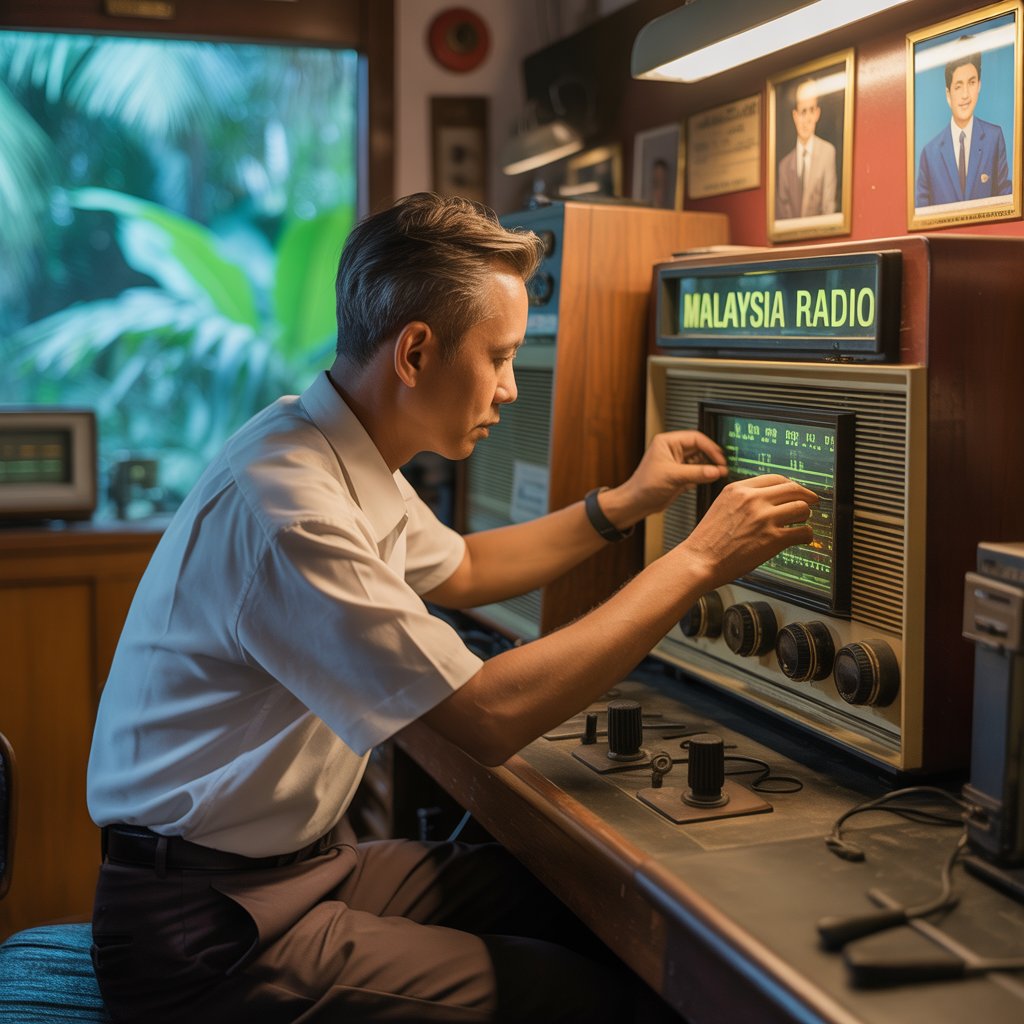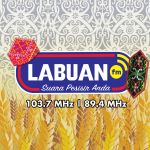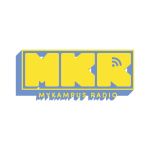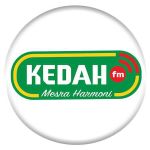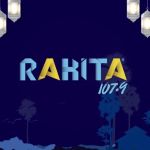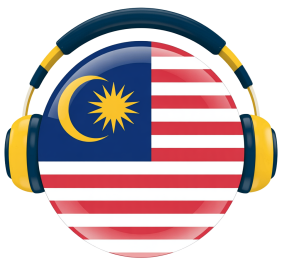Radio operators in Malaysia play a vital role in various sectors, including amateur (ham) radio, maritime, aviation, and broadcasting, facilitating communication for personal, emergency, or professional purposes. With Malaysia’s radio industry reaching 20.2 million listeners weekly (95% of Peninsular Malaysia’s population, per the 2024 GfK Radio Audience Measurement), the role of a radio operator, particularly in amateur radio, is both a rewarding hobby and a valuable skill. This blog post outlines the steps to become a radio operator in Malaysia, focusing primarily on amateur radio operators due to their prominence, while briefly addressing other types like maritime and aviation operators. It covers licensing, training, costs, and practical tips for aspiring operators in 2025.
Quick Answer
To become an amateur radio operator in Malaysia, you must be at least 14 years old, join a local amateur radio club like MARTS, study for and pass the Radio Amateur Examination (RAE) administered by the Malaysian Communications and Multimedia Commission (MCMC), and obtain an Amateur Radio Operator’s Certificate and Amateur Station Apparatus Assignment (ASAA) with a call sign (e.g., 9W2 or 9M2). The RAE costs RM50, and the ASAA license is RM60 initially plus RM36 annually. For maritime or aviation radio operators, you need specialized certifications like the Restricted Radiotelephone Operator Permit or GMDSS certification, offered through approved training providers.
Types of Radio Operators in Malaysia
Amateur Radio Operator (Ham Radio)
Amateur radio, or ham radio, is a hobby involving two-way communication using designated frequencies for non-commercial purposes, such as experimentation, emergency communication, or global contacts. It’s regulated by the MCMC under the Communications and Multimedia Act 1998, with approximately 13,000 registered operators in Malaysia as of 2019.
Maritime Radio Operator
Maritime radio operators manage ship-to-ship or ship-to-shore communications, requiring certifications like the General Operator’s Certificate (GOC) or Restricted Radiotelephone Operator Permit under the International Maritime Organization (IMO) standards. These are essential for vessels and are overseen by the MCMC and marine authorities.
Aviation Radio Operator
Aviation radio operators handle air-to-ground communications, requiring a Restricted Radiotelephone Operator’s Certificate (RROC) or specific aviation licenses. These are regulated by the Civil Aviation Authority of Malaysia (CAAM) and involve training in aviation phraseology and safety protocols.
Broadcast Radio Operator
Broadcast operators manage equipment for commercial radio stations (e.g., Hitz FM, BFM 89.9), requiring technical skills rather than on-air presenting. This role, less common, involves engineering tasks and may not require a specific license but benefits from technical training.
This guide focuses on amateur radio operators due to their accessibility and popularity, with brief notes on other roles.
Steps to Become an Amateur Radio Operator in Malaysia
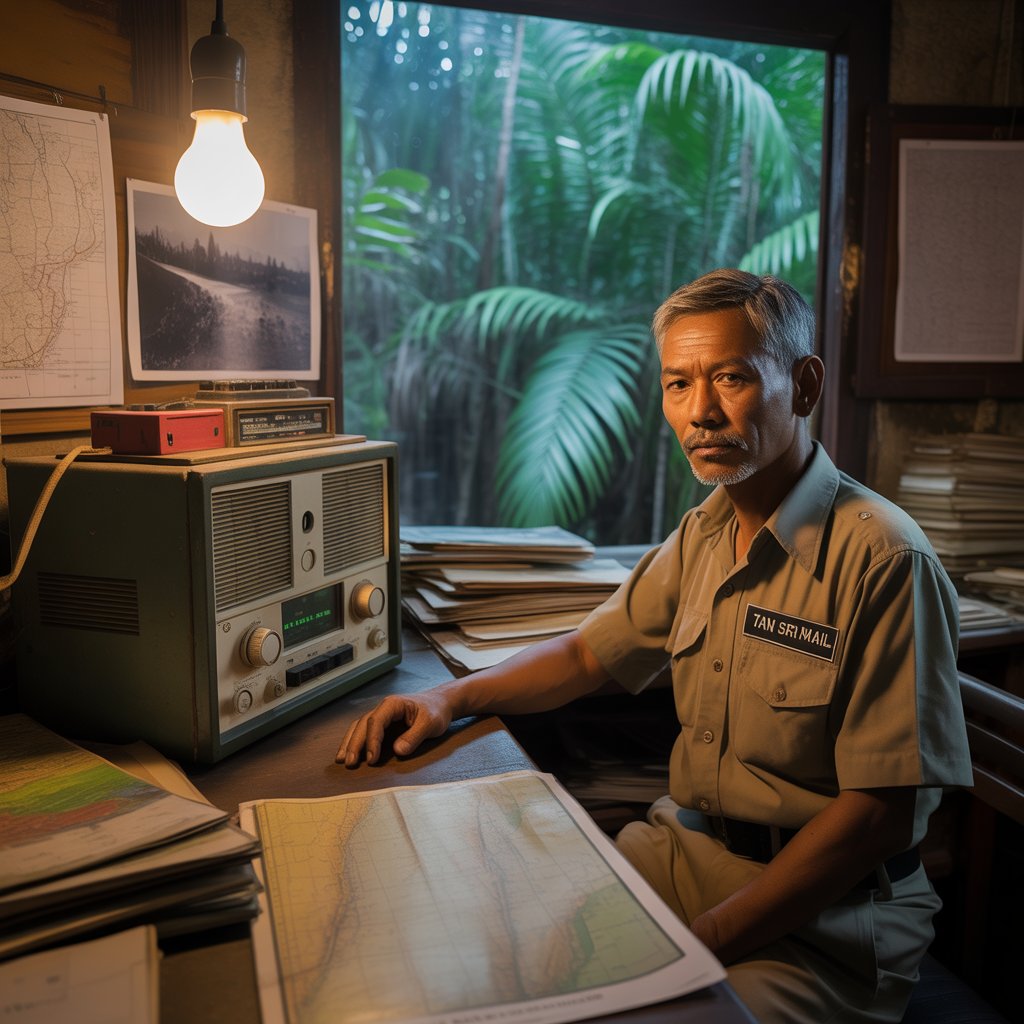
1. Understand Amateur Radio and Its Requirements
Amateur radio involves using frequencies (e.g., VHF, HF) for non-commercial communication, such as voice, Morse code, or digital modes, often for emergency services or global contacts via satellites. Key requirements include:
- Eligibility: Must be at least 14 years old for a Class B license (9W prefix) or 18 for a Class A license (9M prefix). No gender or physical ability restrictions.
- Licensing: Obtain an Amateur Radio Operator’s Certificate and an Amateur Station Apparatus Assignment (ASAA) from the MCMC. Foreign operators with licenses from countries with reciprocal agreements (see MCMC’s Appendix 8) may apply for temporary licenses.
- Prohibited Activities: No commercial use, public broadcasting, or discussions on politics, religion, or business.
2. Join an Amateur Radio Club
Joining a club like the Malaysian Amateur Radio Transmitters’ Society (MARTS) or regional groups (e.g., ASTRA, MARES) provides mentorship, resources, and exam preparation support. Benefits include:
- Access to study materials, practice exams, and hands-on equipment training.
- Networking with experienced operators for guidance on operating practices and regulations.
- Participation in events like contests or emergency communications.
Contact MARTS via their website (marts.org.my) or email (admin@marts.org.my). Membership fees are around RM70 annually.
3. Study for the Radio Amateur Examination (RAE)
The RAE, a 100-question multiple-choice exam (2 hours), tests knowledge in:
- Regulations: Communications and Multimedia Act 1998, ITU Radio Regulations, call sign usage (e.g., 9W2 for Class B in Peninsular Malaysia).
- Technical Aspects: Basic electronics, circuits, antennas, and radio wave propagation (e.g., AM, FM, SSB modulation).
- Operating Procedures: Station identification, emergency protocols, and avoiding interference.
- Safety: Equipment handling and transmission safety.
Study Resources:
- MCMC Guidelines: Download the “Guideline for Amateur Radio Services in Malaysia” from mcmc.gov.my.
- MARTS Resources: Access sample questions and study guides at marts.org.my or via the Radio Amateur Malaysia Facebook group.
- Books and Online Courses: Study texts on radio theory or online courses from platforms like Hamradio.my.
- Practice Exams: Use MARTS’s Trial ORAE or MCMC’s SEMS portal for mock tests.
The RAE is held twice yearly, with additional computerized sessions (limited to 20 candidates monthly). Register via the SEMS portal (sems.mcmc.gov.my) for RM50. A passing score is 50%.
4. Take and Pass the RAE
On exam day:
- Bring identification and proof of payment.
- Answer 100 multiple-choice questions covering regulations, electronics, and operating practices.
- Results are typically published within weeks on the SEMS portal. In 2021, 170 out of 270 candidates passed the RAE.
5. Apply for Licenses
Upon passing the RAE:
- Amateur Radio Operator’s Certificate: Issued by MCMC, proving your competency.
- Amateur Station Apparatus Assignment (ASAA): Grants permission to operate a station with a unique call sign (e.g., 9W2LLL for Class B in Peninsular Malaysia, 9M2LLL for Class A).
- Application Process: Submit forms via the SEMS portal, including ID, exam results, and fees (RM60 initial, RM36 annual renewal).
- License Classes:
Foreign operators need a temporary license (9M2/Homecall, RM10 for 3 months) and two local references.
6. Set Up Your Radio Station
- Equipment: Purchase a transceiver (e.g., 2-meter handheld for Class B, ~RM500–RM2,000) and antenna. Ensure compliance with MCMC technical standards (e.g., power limits, emission codes).
- Operation: Use your call sign for all communications, follow operating procedures, and log activities. Engage in local or global contacts via voice, digital modes, or satellites.
- Location: Operate from home, vehicles, or portable setups anywhere in Malaysia.
7. Engage with the Community
- Participate in contests, emergency communications (e.g., via MARES), or satellite operations.
- Join events like the World Wide Young Contesters or Scouting’s Jamboree On The Air to connect with global operators.
- Continue learning through clubs and online resources to upgrade to Class A for broader privileges.
Becoming a Maritime or Aviation Radio Operator
Maritime Radio Operator
- Certifications: Obtain a General Operator’s Certificate (GOC) or Restricted Radiotelephone Operator Permit through MCMC-approved training providers like the Malaysian Maritime Academy (ALAM).
- Training: Covers VHF/UHF communication, GMDSS (Global Maritime Distress and Safety System), and maritime protocols. Courses cost RM2,000–RM5,000 and take 1–3 months.
- Eligibility: Typically 18+, with basic English proficiency.
- Application: Apply via MCMC’s SEMS portal with course completion certificates.
Aviation Radio Operator
- Certifications: Earn a Restricted Radiotelephone Operator’s Certificate (RROC) or aviation-specific licenses through CAAM-approved schools like the Malaysia Aviation Academy.
- Training: Includes aviation phraseology, safety protocols, and radio operation, costing RM1,500–RM4,000 for 1–2 months.
- Eligibility: 18+, with English fluency for air traffic communication.
- Application: Submit certificates to CAAM or MCMC for licensing.
Costs and Time Commitment
- Amateur Radio:
- RAE: RM50.
- ASAA: RM60 initial, RM36 annual renewal.
- Equipment: RM500–RM5,000 (basic to advanced setups).
- Study Time: 3–6 months for RAE preparation.
- Maritime/Aviation:
- Training: RM1,500–RM5,000.
- Licensing: RM50–RM100 per certification.
- Time: 1–3 months for training and exams.
Challenges and Opportunities
- Challenges: The RAE requires dedicated study of technical and regulatory topics. Competition for broadcast roles is high, and maritime/aviation certifications demand specialized training.
- Opportunities: Amateur radio offers global connectivity and emergency service roles (e.g., via MARES). Malaysia’s 13,000 ham operators form a vibrant community, and digital platforms enhance accessibility. Maritime and aviation operators are in demand for Malaysia’s shipping and aviation sectors.
Tips for Success
- Start Early: Join clubs as a Short Wave Listener (SWL) to gain exposure before licensing.
- Practice Regularly: Use online simulators or club equipment to master radio operation.
- Stay Updated: Monitor MCMC’s SEMS portal for exam schedules and guideline updates.
- Network: Engage with MARTS or MARES members for mentorship and job leads.
Conclusion
Becoming a radio operator in Malaysia, particularly an amateur radio operator, involves passing the RAE (RM50), obtaining an Amateur Radio Operator’s Certificate and ASAA (RM60 initial, RM36 annual), and joining clubs like MARTS for support. Maritime and aviation operators require specialized certifications (RM1,500–RM5,000) through approved providers. With 13,000 ham operators and a robust radio industry, Malaysia offers ample opportunities for aspiring operators to connect globally, contribute to emergencies, or pursue professional roles. Start by contacting MARTS (admin@marts.org.my) or visiting mcmc.gov.my for licensing details, and dive into this rewarding field with passion and preparation.
